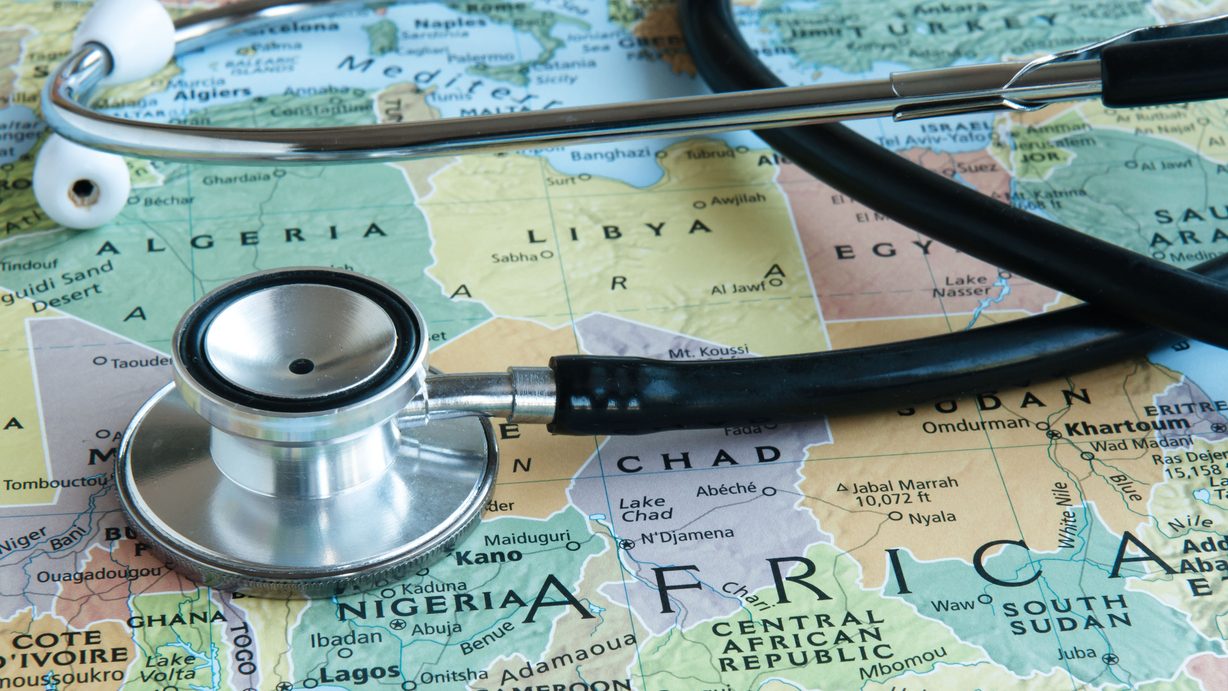
In this time of a global crisis where the world is faced with graving concerns on how to fight the coronavirus, I am deeply concerned about the readiness of Africa’s leadership as this has become a testing period for our leaders to showcase their experience in regards to occupying the distinguished position as health ministers in Africa.
With worrying predictions from the World Health Organisation and other international NGOs, about how the continent will be hit with lots of cases and eventually deaths because of the lack of adequate and well-equipped health facilities, this whole period does not only scare us but presents an opportunity for African leaders to prove their worth and showcase how prepared they are to engineer the development of the health sector in the shortest possible time.
During my research on listing who health ministers in Africa are, I developed an interest to also look at their professional backgrounds and how qualified they are to occupy such position beyond their political affiliations. Through this, I discovered out of the 54 countries on the continent, only 36 representing 66% have health ministers with backgrounds in the medical field either as a practitioner or a professor. With their combined experience, we can safely assert that African countries with health minister with medical backgrounds will have enough understanding of their health systems and how they can fix the challenges emanating.
Borrowing from the fact that a lot of African traditions also believe in that tender, loving and caring nature of women, I also discovered that, only 14 women occupy the position of health ministers across the whole continent. These counties are Angola, Burkina Faso, Comoros, Congo Republic, Egypt, Eritrea, Ethiopia, Guinea Bissau, Liberia, South Sudan, Somalia, Tanzania and Uganda. Accepting the empirical fact that women are better managers than men, one wonders why there are not a lot more women health ministers across Africa.
As this is a testing period for all health ministers who are on the frontline of beating this global pandemic, I’m sitting looking at the result of my research and wondering ‘will these individuals be able to deal with COVID19 now that the cases on the continent are skyrocketing. Will they politicize everything they do, as usual, or will they abandon us by resigning in the eleventh hour. Worst still, maybe they’ll seek support from the USA, Europe or Asia as African leaders are known for. Ironically, most of these ‘developed’ countries are more hard hit with this pandemic than Africa. So how are they going to help us when they need the resources most now?
With a look at how political leaders are appointed, I believe that as Africans, we must begin to question our leaders to become accountable to us beyond the ballot box and must ensure they are first leaders in their field of experience before being politicians or we will continue to complain of the model of leadership on the continent which mostly is characterised by the idiomatic expression, “square peg in a round hole”.
To read profiles of all African health ministers, visit www.princeakpah.com/2020healthministers/
Author: Prince Akpah. MD of Avance Media
